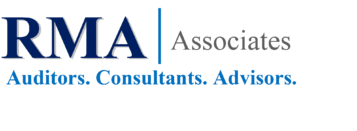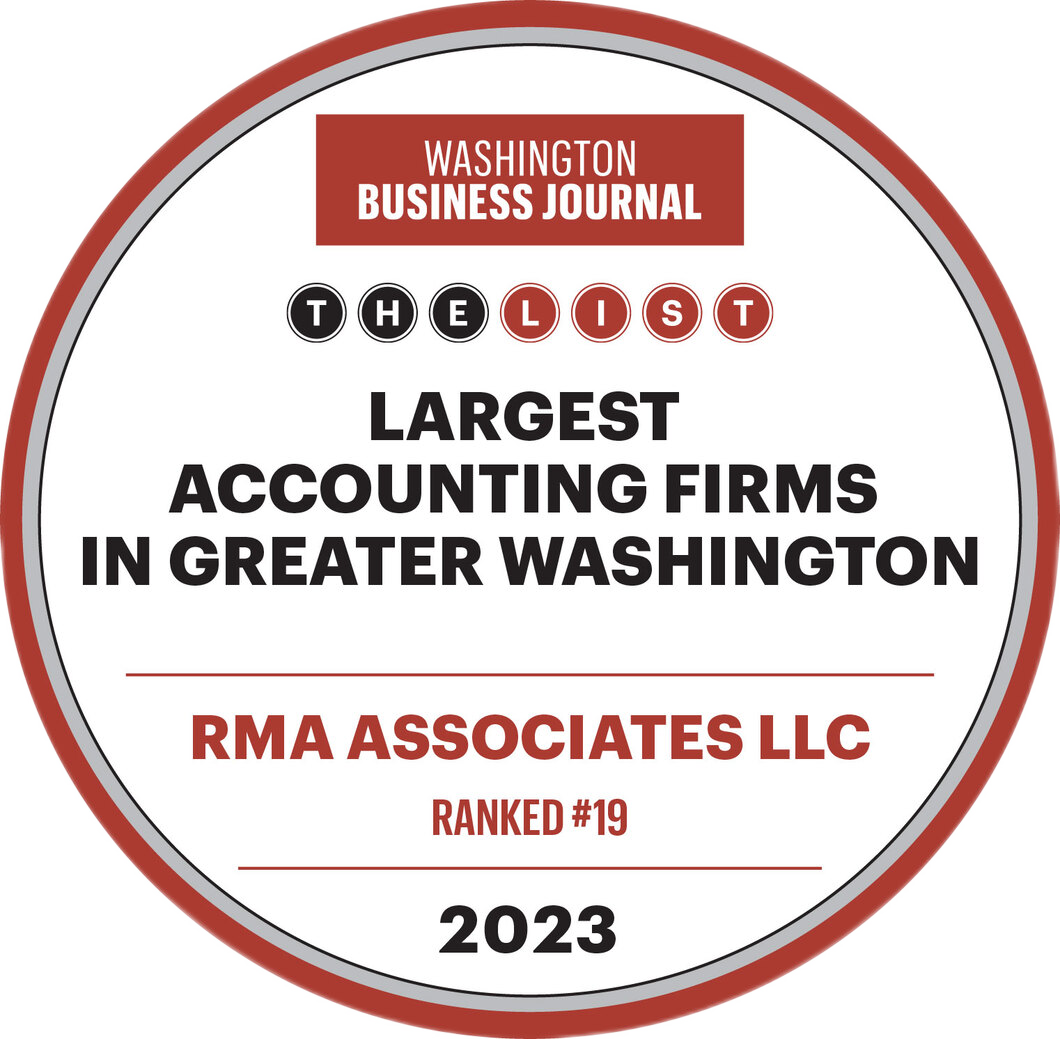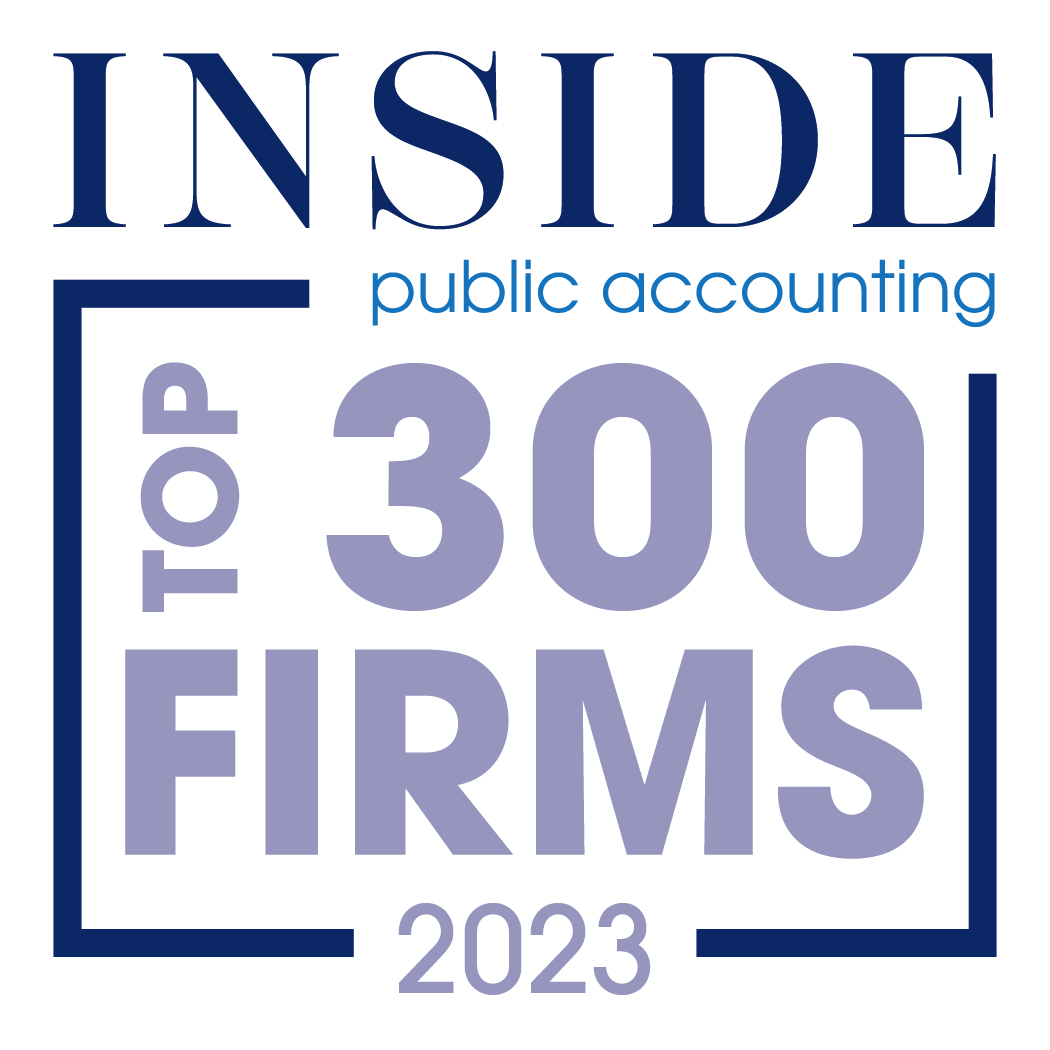A proposed new model would require strong core knowledge plus deeper competencies in one of three disciplines. By Ken Tysiac
A newly proposed CPA licensure model developed by the National Association of State Boards of Accountancy (NASBA) and the AICPA is designed to help newly licensed CPAs learn the skills and competencies they will need in the workplace of the future.
The draft licensure model, which is not considered final, is designed similarly to the professional engineer licensure model, which requires all professionals to develop strong core skills and then choose a discipline in which to demonstrate deeper knowledge and abilities.
For the CPA profession, the core of the proposed licensure model would require each candidate to exhibit skills in accounting, auditing, tax, and technology (see the graphic, “Proposed Model: Core Plus Disciplines”). Then, each candidate would choose to show more in-depth skills and knowledge in one of these three areas:
- Tax compliance and planning;
- Business reporting and analysis; or
- Information systems and controls.
“The model we are proposing reflects the realities of practice today. When you look at the profession 20 or 30 years ago, it’s evident that the demands of CPAs have grown,” said Bill Reeb, CPA/CITP, CGMA, the chair of the AICPA. “… As our body of knowledge has expanded, we’ve stretched the exam and curriculum to cover more and more material, but that approach isn’t sustainable. We need a licensure model that is flexible enough to evolve with our profession.”
A PROFESSION WIDE EFFORT
The proposal is the result of a profession wide effort to keep CPAs in position to deliver services that are appropriate and useful in the business environment long into the future. As it became clear that the skills and competencies CPAs need are evolving, NASBA and the AICPA formed a working group and sought feedback from across the profession to consider in the development of a new licensure model.
Respondents to a Request for Input issued in June 2019 expressed:
Support for changing the licensure model. The most common comments stated that a bigger emphasis on technology skills and knowledge is needed and that evolving the model would bring important skills to the profession, position the profession for success in the future, and protect the public interest.
Belief that all newly licensed CPAs should display strong core competencies. A strong core of accounting, auditing, tax, and technology was preferred.
Implementation questions. Respondents asked how core CPA knowledge would be defined, how education requirements might change, and how licensure changes would be achieved in the current legislative environment.
Belief that technology is not the only consideration. The impact of technology on the profession was the impetus for the CPA Evolution project, but other factors also are disrupting the profession.
NEED FOR DEEP KNOWLEDGE
The body of information newly licensed CPAs need to know and understand continues to grow. Compared with 1980, there are three times as many pages in the Internal Revenue Code, four times as many accounting standards, and five times as many auditing standards, according to AICPA research and Wolters Kluwer.
In addition, the automation of simple tasks that newly licensed CPAs have traditionally performed has resulted in entry-level CPAs’ performing tasks that require deeper critical thinking and more advanced problem-solving skills and professional judgment than in the past.
The proposed model is designed to still result in one CPA license with strong required core knowledge in accounting, auditing, tax, and technology while facilitating candidates’ ability to develop a deeper understanding of one specialized area. Regardless of the candidate’s chosen discipline, the model leads to full CPA licensure, with rights and privileges consistent with any other CPA.
NASBA and the AICPA will continue to gather feedback on this proposed model, with a goal of finalizing an approach for the new model in the summer of 2020. Once a new model is approved, a multiyear effort will commence to implement it.
“U.S. boards of accountancy, as regulators, must remain relevant to protect the public we serve,” said NASBA Chair Laurie Tish, CPA. “Today’s marketplace is shifting, and CPAs need new skills to continue to serve organizations and the public. We need to ensure that CPAs continue to have the competencies needed to support an accounting profession that plays a critical role in protecting the public interest.”
Visit EvolutionofCPA.org for more information. Questions and comments can be emailed to Feedback@EvolutionofCPA.org.





No responses yet